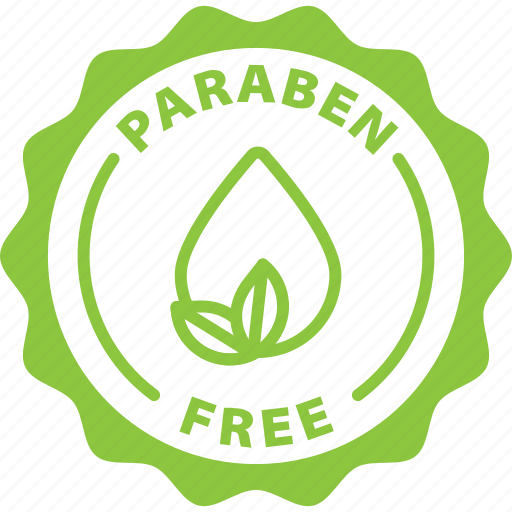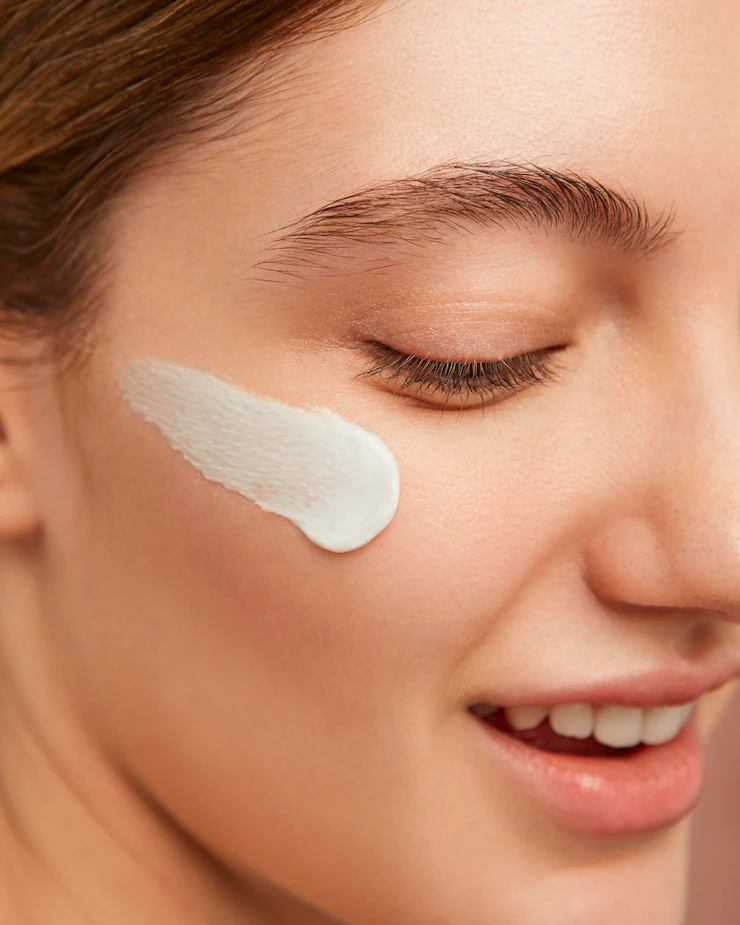- Home
- Types of Vegan Makeup
- Paraben-free Vegan Makeup
Paraben free vegan makeup - The Ultimate Guide

If your finished product contains water, you know it must contain a preservative! But if you know the preservation system works, your concept can be a paraben free product!
You must take note that preservatives can never prevent growth of bacteria, yeast and mold entirely. It can only slow down their growth rate.
This helps extend the shelf-life of your product.
How many types of Parabens are there?
These are 5 common types of Parabens that are used:
Butylparaben
Commonly used in cosmetics to prevent growth fungi and bacteria and extend product's shelf life.
Methylparaben
Mainly used as an antiseptic in cosmetics.
Ethyl paraben
Mainly used antiseptic in cosmetics.
Isobutyl paraben
Mainly used as an antiseptic in cosmetics.
Propyl paraben
Mainly used as an antiseptic in cosmetics.
There are over 200 variations of Parabens that can be used for cosmetics. If your brand is anti paraben, be sure you do not use any of it!
Nowadays, there are more brands that are becoming or switching to paraben free.
Why is Paraben dangerous?
Paraben is also known as p-hydroxybenzoic acid esters. There is no proof yet to confirm that using paraben can cause:
- hormones disruptions
- breast cancer
- reproductive problems
If you follow your supplier's recommendations, Parabens could make a strong preservation system for your products.
Did you know that there are non-Paraben preservatives which cause skin reactions such as redness and itch? Yup!
For example, some people get redness after they use products that contain Preservative Eco or Geogard ECT. This preservative is well accepted in Organic cosmetics!
How to make my products Paraben free?
There are many other preservatives that you can use instead of paraben. You can also use 1, 2 or 3 preservatives at one time to create a blend that prevents growth of bacteria, yeast and mold.
Sometimes, you can choose to use 1 preservative that the supplier has already blended for you like Optiphen and Geogard.
Commonly used preservatives that are vegan:
- Phenoxyethanol
- Leucidal
- Geogard
- Optiphen
Depending on what product you are creating, choose the preservatives wisely. Discuss with your supplier for the most suitable ones.
Do take note that vegan preservatives may not mean that it's Organic, Natural or Halal. Phenoxyethanol for example, is not accepted in Organic and Natural line.
Things to consider when choosing preservatives
- what is your concept - natural, organic, vegan or Halal
- oil or water solubility
- pH sensitive
- paraben, urea or formaldehyde -free
- temperature sensitive
- odor control
- stability
Beware of marketing claims
When formulating cosmetic, stay away from marketing jargons. Most of the time, your customers will 'investigate' further about you and your products. So, don't lie or keep the ingredients a secret!
Terms that are safe to use and require no certifications:
- Paraben-free**
- Formaldehyde-free**
- Made with organic ingredients
- Made with homegrown herbs
- Made with Halal ingredients/Muslim-friendly
- Alcohol-free
- Homemade/Handmade/Made with Love
** Take note that if you do use ingredients that contain these claims, your products can be recalled and you could be charged!
❤️ Share with your friends! ❤️

